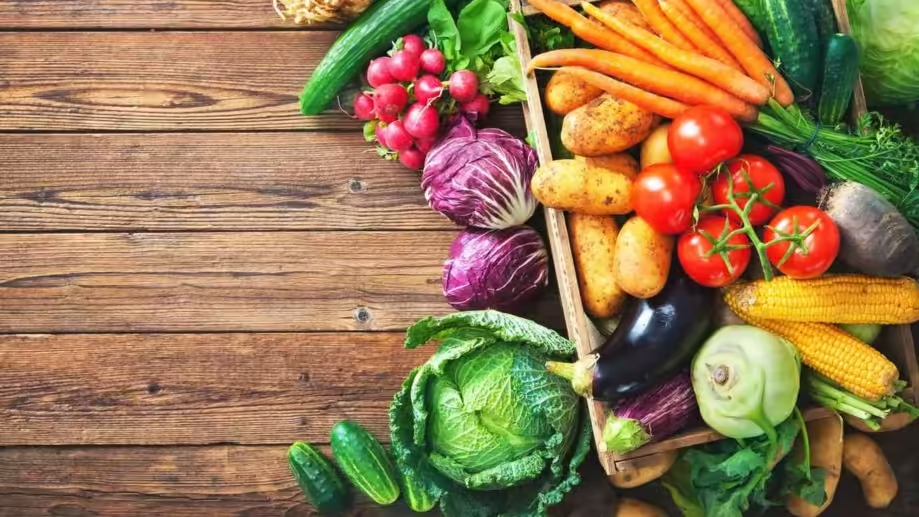Vegetables getting spoiled is a very common problem that everyone of us has to face, especially when we don’t know the proper way to store them. But in reality, keeping vegetables fresh isn’t as difficult as it seems.
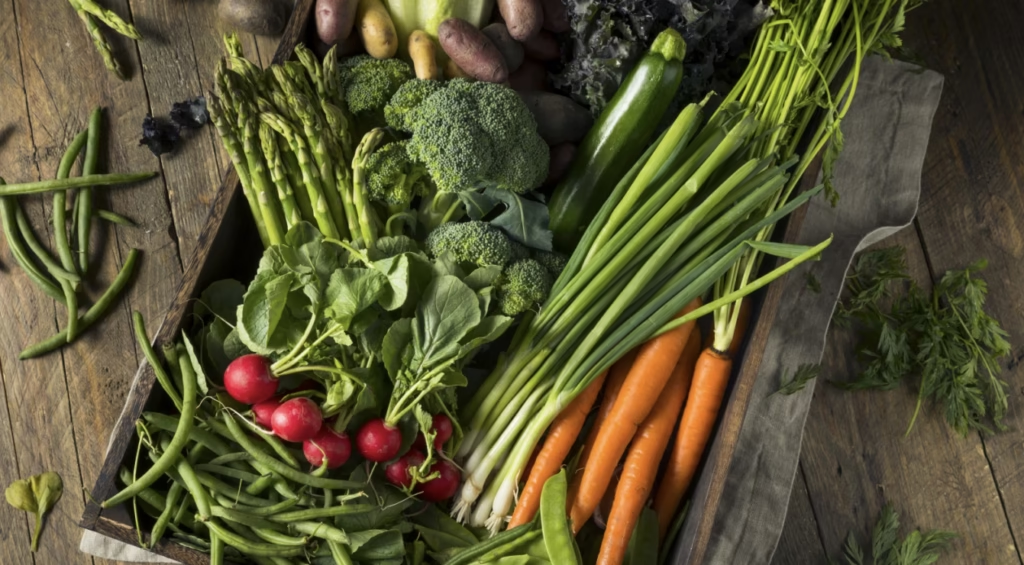
In this blog, you’ll discover easy yet effective methods to keep vegetables fresh longer, helping you reduce food waste, maintain nutrition, and avoid unnecessary trips to the grocery store. These tips are simple, practical, and can make a noticeable difference in your daily routine.
1. Why Vegetables Get Spoiled So Quickly
To solve any problem, we must first know its cause. Similarly, to prevent vegetables from getting spoiled, we must first know why vegetables get spoiled.
Role of Moisture and Air Exposure
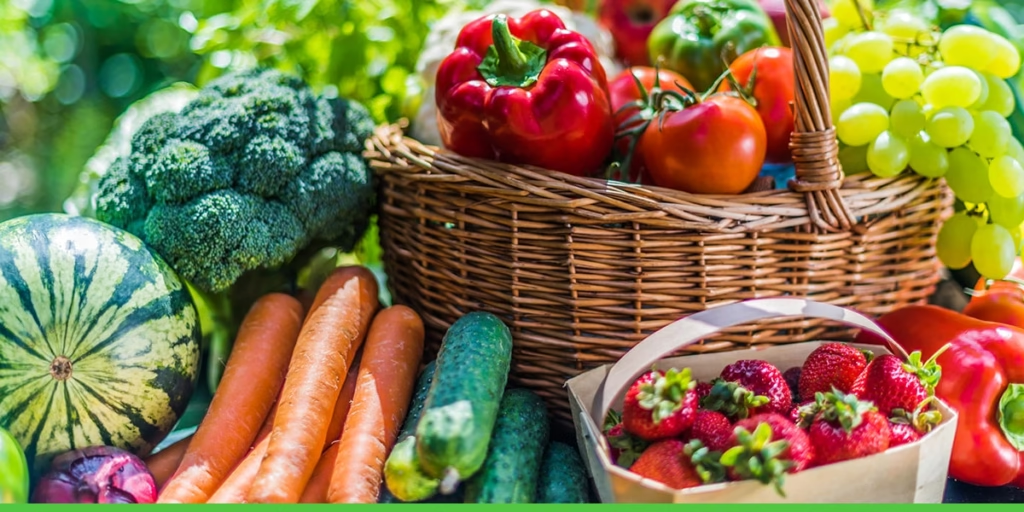
Fungus and bacteria grow due to excess moisture: You must have seen many times that even if we keep vegetables in the fridge, they still get spoiled within a few days. The reason for this is the presence of excess moisture.
On the other hand, excess air makes vegetables wilt: when you leave vegetables, especially leafy vegetables, outside the refrigerator for even a short while, they wilt immediately.
Ethylene Gas – The Invisible Culprit

You may not have heard of it before, but ethylene gas is the biggest reason behind vegetable spoilage. Some fruits and vegetables, such as tomatoes, release ethylene gas that can quickly ripen and spoil nearby vegetables.
Although not all types of vegetables are affected by it, it is important to know which vegetables are affected by it.
2. General Tips to Keep Vegetables Fresh
By adopting just a few simple habits, most vegetables can be kept fresh for longer and not spoiled.
Wash Only Before Use
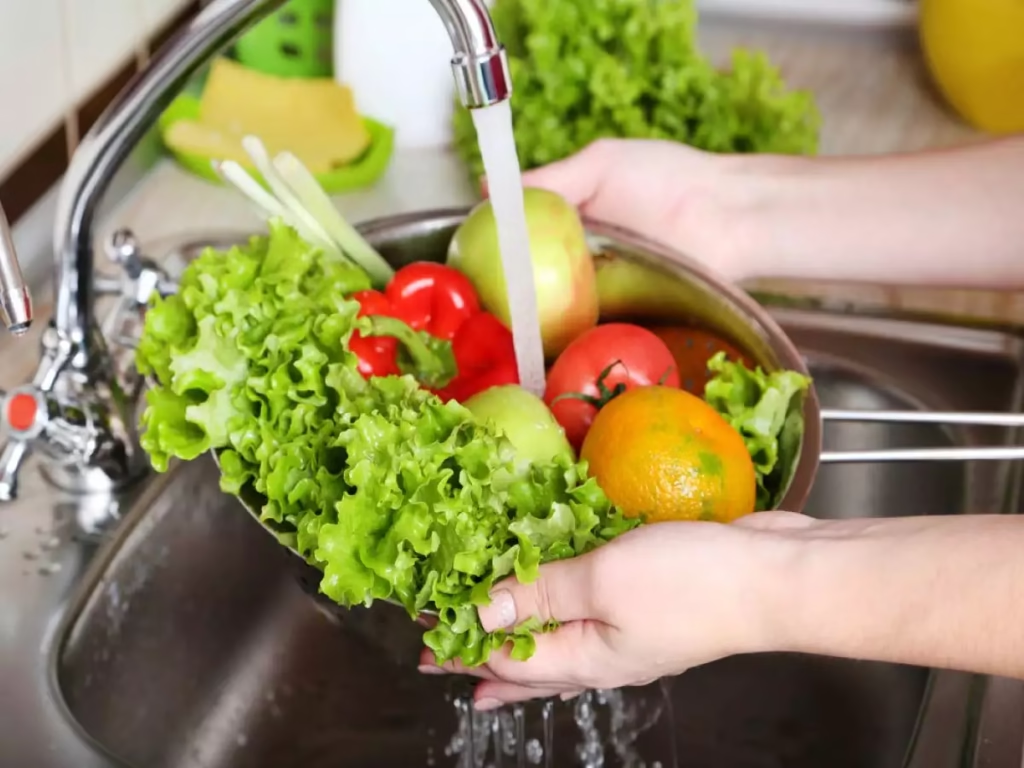
As we have learnt above, moisture is the enemy of vegetables; hence, washing vegetables while storing increases the moisture, and vegetables start rotting quickly. Instead of storing vegetables without washing them and then washing them when needed, you can wipe them with a clean cloth after washing them.
Yes, if the vegetables are very dirty, then after washing them, you can wipe them with a clean cloth.
Use Breathable Storage Bags or Containers

Avoid using air-tight boxes to store vegetables; rather, use bags or containers that allow air to pass in and out. This will protect the vegetables from moisture and maintain their crispness.
Don’t Mix All Veggies Together
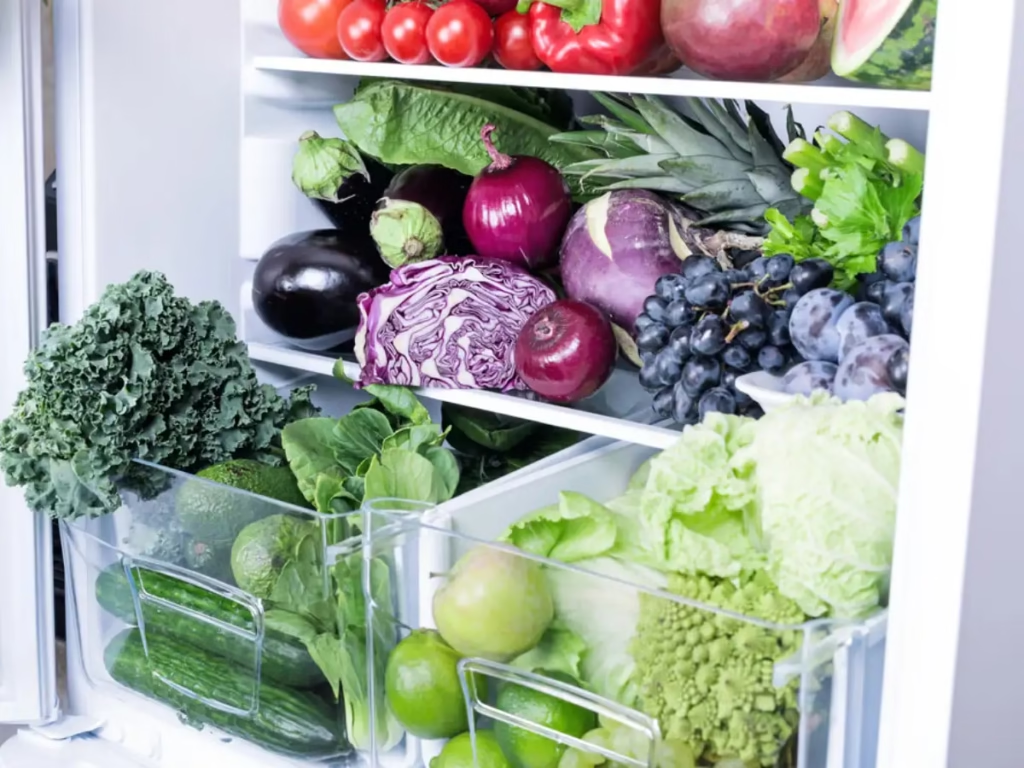
Avoid keeping all the vegetables in one place, this makes some vegetables ripen quickly and spoils others too, instead store vegetables in different containers, this will not affect the other vegetables if one vegetable spoils.
3. How to Store Different Types of Vegetables
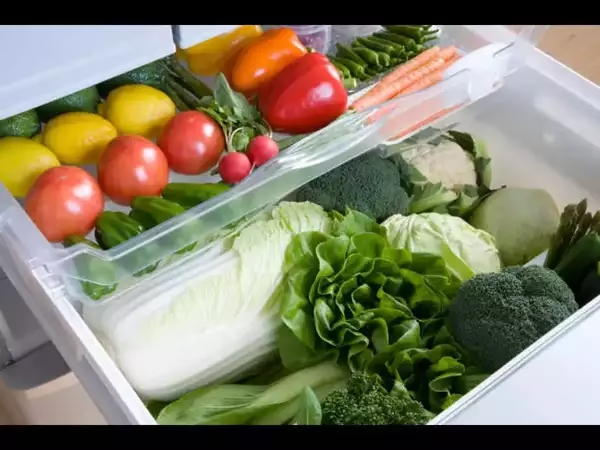
Each vegetable has its own storage requirement, like onions need to be kept in a dry place, whereas tomatoes need to be kept in the fridge. Keeping both of them together will spoil them. Similarly, different vegetables need different storage requirements.
Leafy Greens (Spinach, Lettuce, Kale)
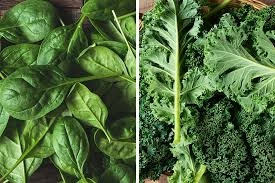
Remove the damaged leaves of green leafy vegetables like spinach, clean them and wrap them in paper towels, and keep them in a dry container in the fridge. This will keep them less damaged and they will remain fresh, crunchy, and crispy for a long time.
Root Vegetables (Carrots, Beets, Potatoes)
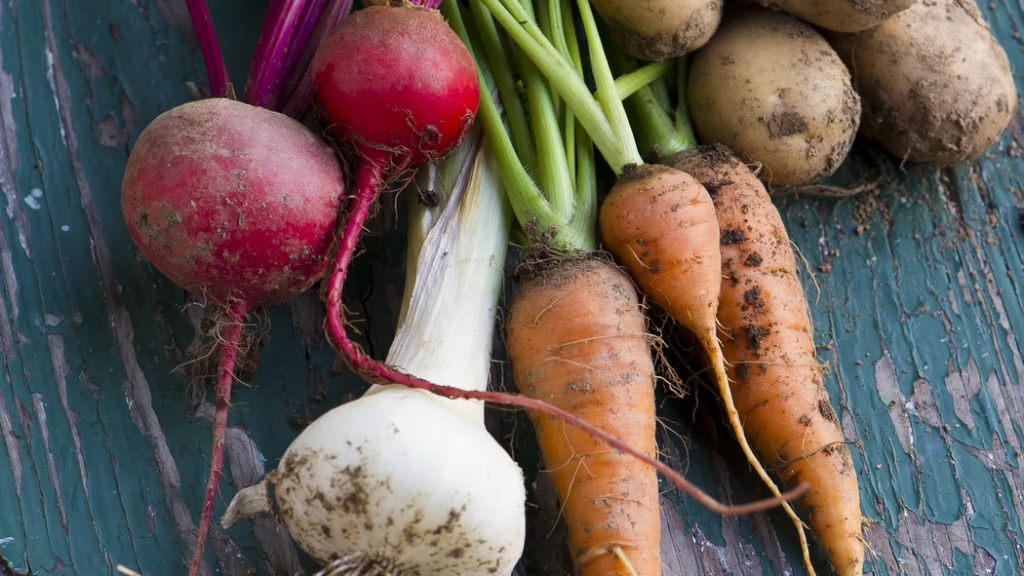
You can keep carrots and beetroot in the vegetable section of the fridge, which will keep them fresh for a long time, but keeping potatoes in the fridge can spoil their texture and taste. Instead, keep them in a dry place.
Fruits That Act Like Veggies (Tomatoes, Bell Peppers)
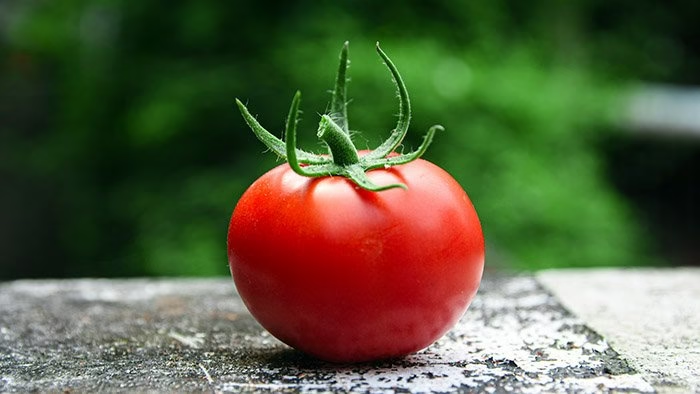
You can keep tomatoes at room temperature until they are fully ripe, and you can wash and dry capsicum thoroughly and keep them in the fridge. This will prevent them from getting moldy, and they will remain fresh and crunchy for a long time.
4. Signs Your Vegetables Are Getting Spoiled
Now you can identify which vegetables are going to spoil by the color and smell of the vegetables. For example, if the tomato is being pressed very easily and has turned red, it means it is overripe and should be used quickly.
Smell, Sliminess, and Softness
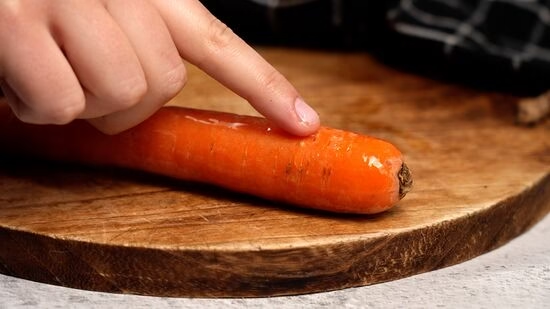
By doing this, not only will you be able to save vegetables from spoiling, but you will also be able to reduce your food waste.
Mold or Discoloration
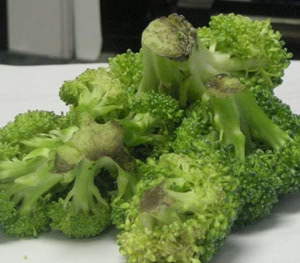
If a vegetable starts giving off a smell, it has become sticky, which means that it has started getting spoiled. It would be better to separate it from the rest of the vegetables so that they do not get spoiled. Such a vegetable should be used quickly (if it has not spoiled yet).
5. Bonus Tips to Extend Shelf Life
If there are white or black spots or any signs of mold on the vegetables, some vegetables can be used by removing them, but it is better to throw away the rest. In both cases, these vegetables should be kept separate from the rest.
Use a Paper Towel in Storage Bags to keep herbs like vegetables fresh:
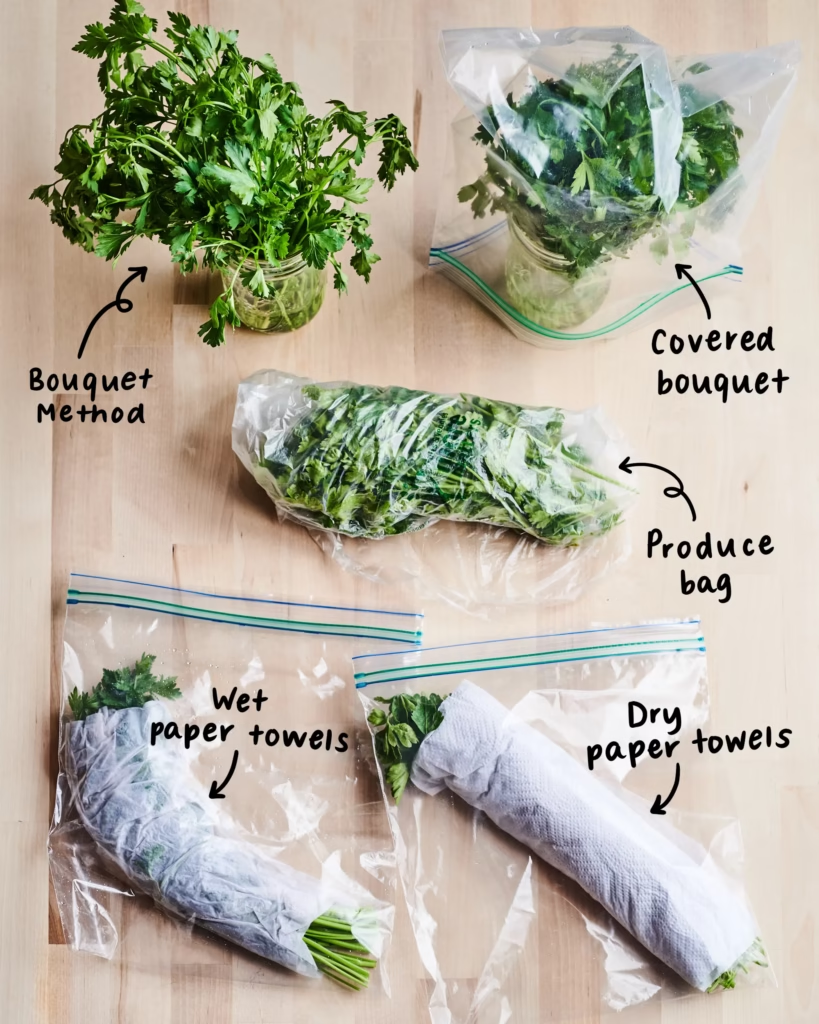
Adding a paper towel to your veggie bag absorbs moisture and keeps them dry and crunchy for days.
Freeze What You Can’t Use Soon
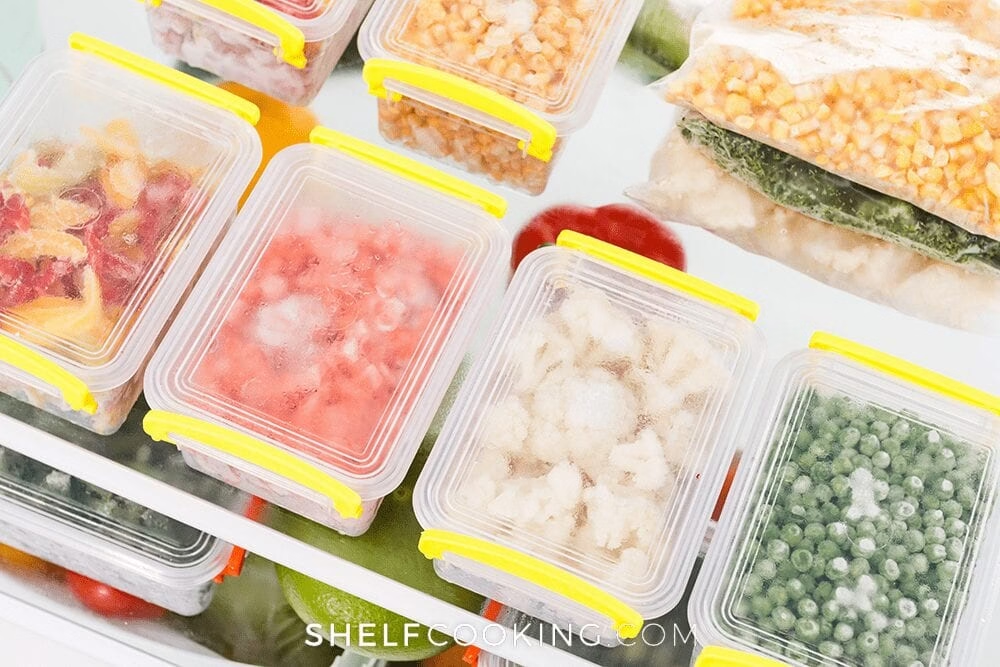
Some vegetables that cannot be finished quickly can be blanched and kept in the freezer. This will keep them usable for a long time. However, keeping vegetables in the freezer without blanching them starts rotting after some time.
Conclusion
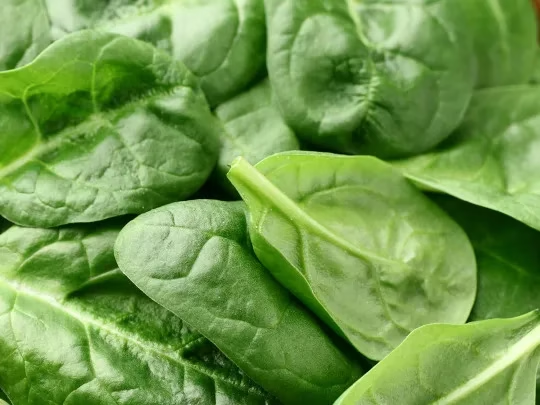
It is very easy to keep any type of vegetable fresh for a long time by following just a few simple methods, all you need is to keep the vegetable as per requirement.
In this blog we have explained in detail about how to keep vegetables fresh. If you find anything in any part of this blog that could have been done better, please tell us in the comments. This helps other readers a lot and we are able to write even better blogs in our future.
And please don’t forget to supported by visiting and subscribe in our website cookbook by doing that we will get motivated to make such mor blog’s.

